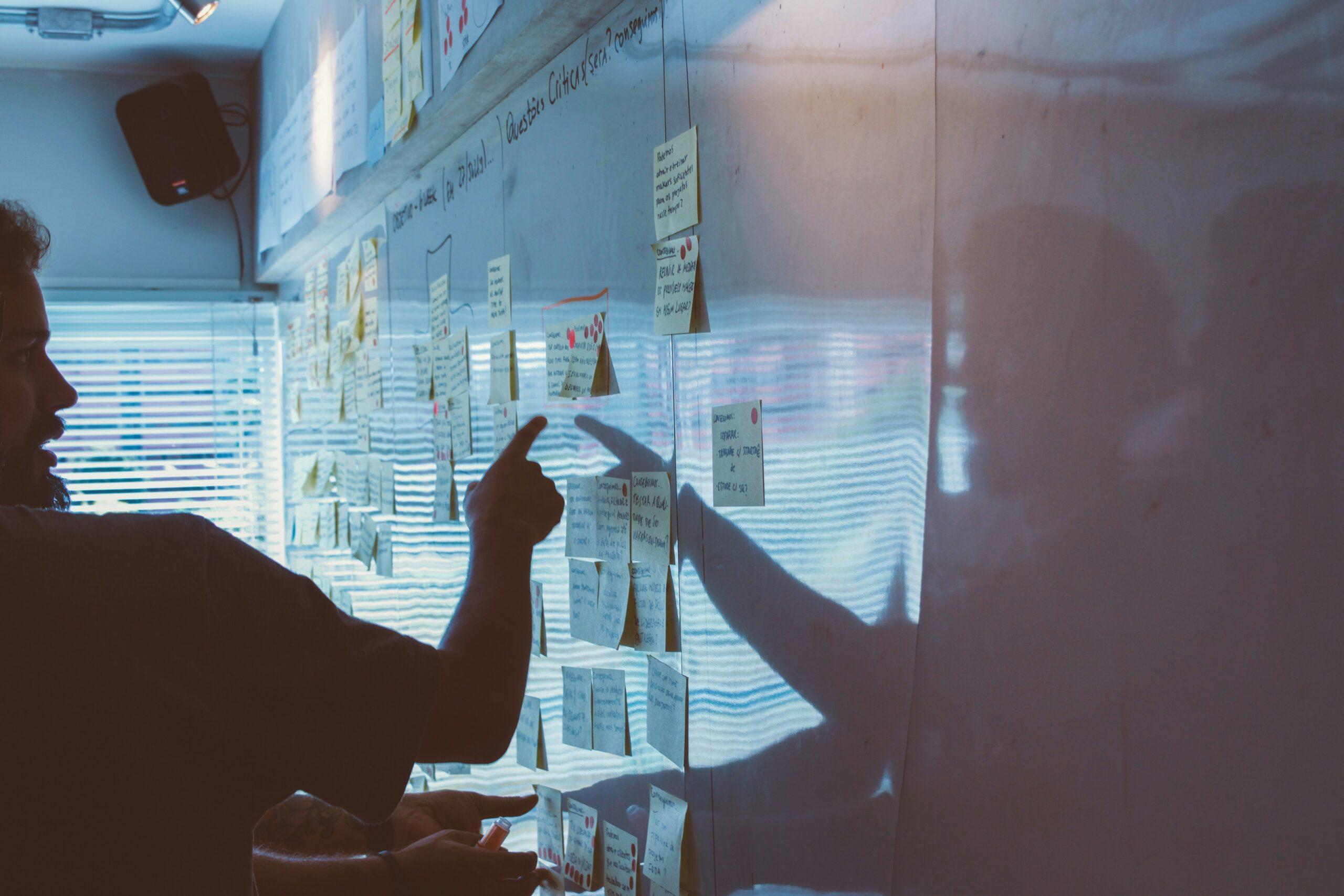Find Your Center With These 5 Mindful Questions
The pandemic hasn’t been kind to anyone. However, it’s been especially stressful — economically, occupationally, and emotionally — for women. Just look at the U.S. job statistics from December 2020: 140,000 jobs were lost, and all of them were held by women.
When millions of workers started telecommuting at the start of the pandemic, mothers were more likely to help children with online schooling. This new arrangement added extra hours to the already unfairly distributed domestic work many women do. In some cases, it resulted in further job losses or hour reductions.
While women have long felt pressure to “do it all,” the pandemic exposed major inequities when it comes to gender roles. Right now, women need a break. If you’ve been feeling anxious, frustrated, or scared, it’s time to focus on your well-being. The past year has been tough, but a little self-awareness will help you push through. Ask yourself these five questions to feel more grounded:
1. What’s something I can do to take care of myself?
It’s easy to put your needs last, especially when there are so many competing priorities. Don’t wait until you’re at your breaking point — build time for yourself into your schedule. Take a day off or segment your workday into smaller, more manageable chunks. Relax during a 10-minute shower. Meditate while soaking up some sun. Go out for a walk. Pick any activity that allows you to take a breather and feel at peace; it doesn’t have to be time-consuming.

2. Where do I need to advocate for myself?
Have you been unable to find your voice during the turmoil of COVID-19? Now is the time to reclaim your confidence and your space. Try negotiating different working arrangements with your boss. At home, you could set expectations around household contributions to make sure chores are shared — and you’re not running yourself ragged. Remember: Only you know what you need.
3. Have I set the bar too high?
Now is not the time to hold yourself to impossible expectations. If you’re constantly tired and overwhelmed, you may be close to (or above) your capacity. Show yourself the grace and compassion you typically reserve for others. Lower the bar and let go of goals that just aren’t realistic at this moment. It’s OK to admit that you’re not superhuman.
4. What can I say ‘no’ to?
Do you say “yes” to everything? If there was ever a time to be selective with what you agree to, now is that time. If you don’t establish healthy boundaries, you set yourself up for plenty of problems and headaches. It might feel rewarding to be perceived as a go-getter by others, but you don’t want to run into the same problems faced by workaholics. Add “no” to your vocabulary, and use it thoughtfully. It’s OK to turn someone down, especially when you’re protecting your own mental and physical health.

5. Who can I go to for support?
This time has been isolating for many, and we all need human connection. It’s hard to coordinate in-person meetings right now, but don’t let that stop you from seeking out help if you’re struggling. If you need emotional or mental health support, contact a professional or talk with family or friends. It’s OK to receive online relationship support as well as individual therapy. For practical day-to-day needs, lean on your spouse, a trusted babysitter, or a professional cleaner to relieve some pressure.
Life has changed since the start of COVID-19. A year of mounting pressures and demands has left many of us tired, stressed, and burned out. Caring for yourself starts with self-awareness: Pay attention to your feelings, communicate your needs, and find time for those little moments that bring you joy.
This article was written by Anna Schmohe and originated on Women 2.0.






